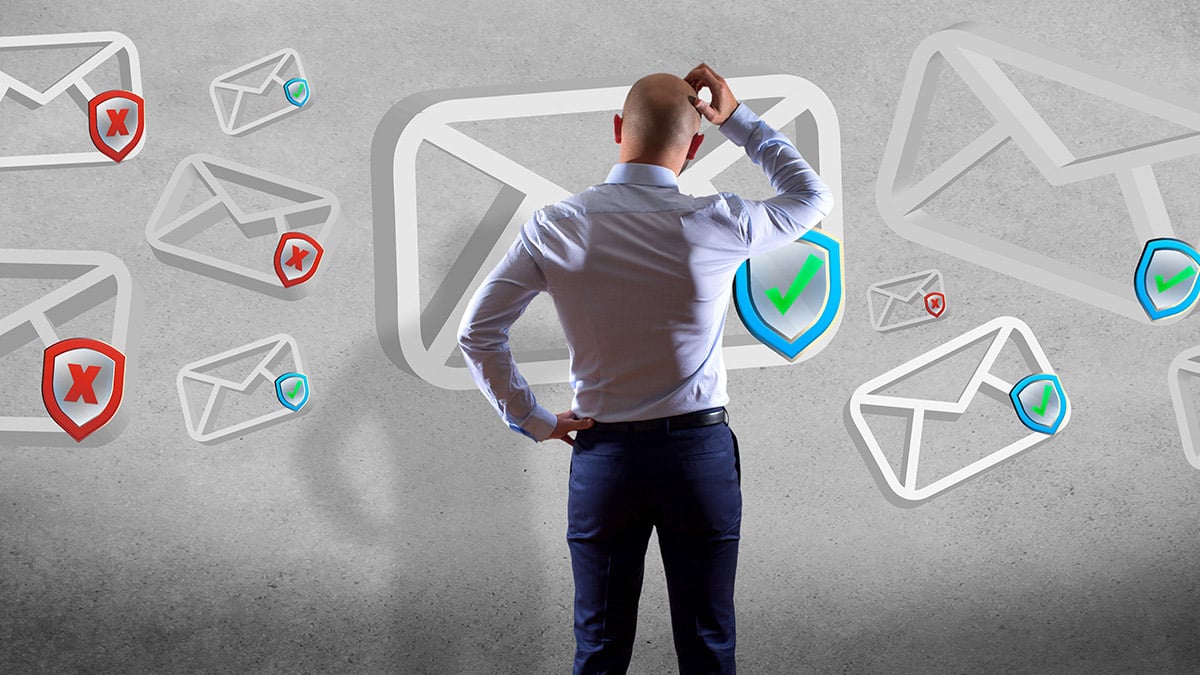When you send an unencrypted message, your data is exposed and vulnerable to several threats. Here are some of the risks associated with sending personal information through unencrypted channels:
- Interception – Third parties, such as hackers, cybercriminals, or government agencies, can easily intercept unencrypted messages. Once your data falls into the wrong hands, it is exploited for malicious purposes, including identity theft, financial fraud, or blackmail.
- Data breaches – If the platform or service you use to send messages experiences a data breach, your unencrypted personal information can be compromised. Hackers access vast amounts of sensitive data, leaving you exposed and vulnerable.
- Public wi-fi risks – When you send unencrypted messages over public Wi-Fi networks, such as those found in cafes, airports, or libraries, your data is easily intercepted by others on the same network. Hackers set up fake Wi-Fi hotspots to lure unsuspecting users and steal their personal information.
- Lack of privacy – Unencrypted messages are read by anyone who gains access to them, including service providers, government agencies, or recipients. This lack of privacy is particularly concerning when sharing sensitive information, such as medical records, financial details, or confidential business information.
Importance of encryption
Encryption converts plain text into a coded format that can only be deciphered with a unique key. When you send an encrypted message, your data is protected from unauthorized access, even if intercepted.
- Secure communication – Encrypted messages ensure that only the intended recipient can read the contents of your message. Even if the message is intercepted, the data remains unreadable without the encryption key.
- Protection against data breaches – If a platform or service that uses encryption experiences a data breach, your personal information remains secure. Hackers may obtain the encrypted data but need the encryption key to decipher the contents.
- Compliance with regulations – Many industries, such as healthcare and finance, have strict regulations regarding the handling of personal data. Encrypting messages containing sensitive information helps comply with these regulations and protects both the sender and the recipient from legal consequences.
- Peace of mind – Knowing your encrypted data gives you peace when communicating online. You can confidently share sensitive information without worrying about it falling into the wrong hands.
Introducing privatenoter
Privatenoter is a secure messaging tool that prioritizes your privacy and security. Using encryption, privatenoter ensures that your data remains protected during transmission and storage. With privatenoter, you set your messages to self-destruct after a specified period. This feature ensures that even if someone accesses your messages, they will be automatically deleted, minimizing the risk of compromised data. Privatenoter provides a straightforward and user-friendly interface, allowing anyone to send encrypted messages easily. You don’t need to be a tech expert to protect the privacy and security of your data.
For more info about privnote visit privatenoter.comWhat is Privnote used for? Using encryption and secure messaging tools like privatenoter, you can take control of your online privacy and confidently communicate. Your data is valuable, and it’s up to you to safeguard it from those who may wish to exploit it. Embrace encryption and make it a habit to use secure messaging platforms like privatenoter whenever you need to share personal information online.







